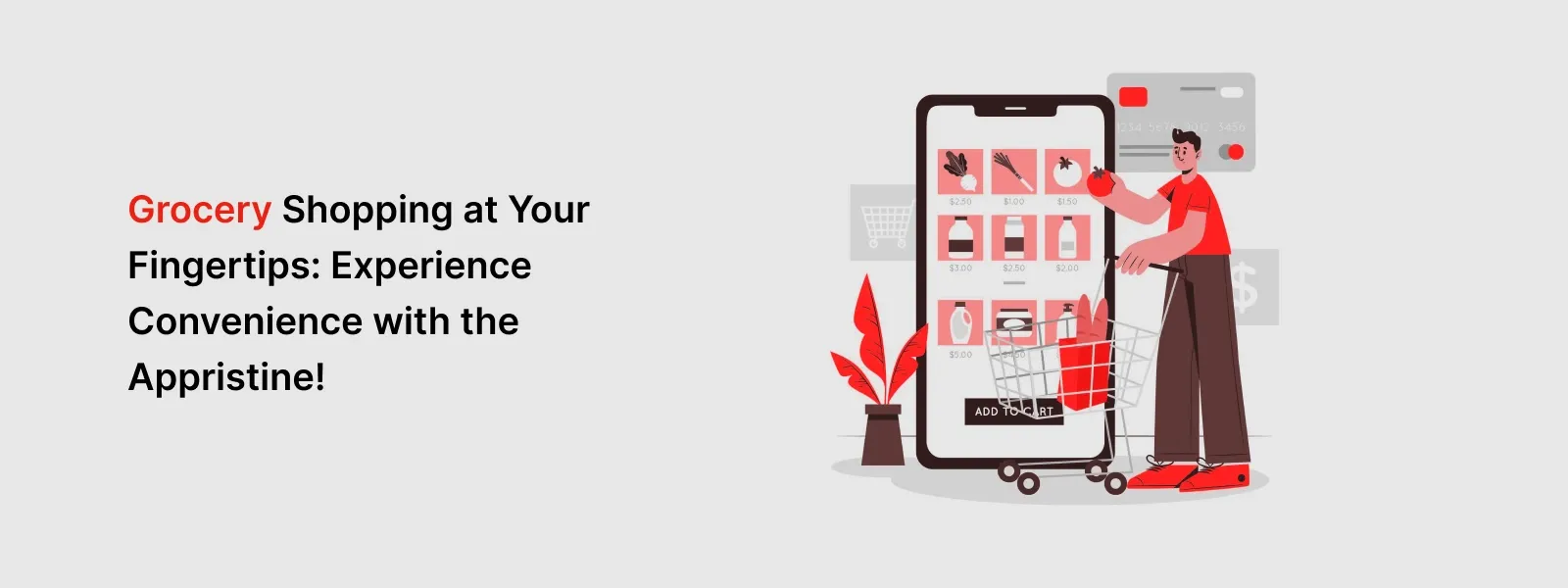AI in E-commerce: How Product Recommendations Drive More Conversions

In the competitive world of e-commerce, where every click matters and every second can influence a sale, personalization has become the secret weapon for success. Consumers today don’t just expect convenience — they expect relevance. That’s where Artificial Intelligence (AI) steps in.
AI has revolutionized the way e-commerce platforms understand customers, predict behavior, and tailor shopping experiences. Among its many powerful applications, AI-driven product recommendations stand out as one of the most effective ways to increase conversions, improve customer engagement, and boost average order value (AOV).
Let’s explore how AI is transforming online shopping through smart product recommendations — and why it’s a game-changer for e-commerce businesses.
1. The Power of Personalization in E-commerce
Every shopper is unique. Traditional online stores often fail to recognize this, showing the same list of products to every visitor. The result? Lost opportunities.
AI changes this by using machine learning algorithms and data analytics to understand user behavior — from browsing history and purchase patterns to time spent on pages and even mouse movements.
By analyzing this data, AI can deliver personalized product recommendations that align perfectly with each customer’s intent and preferences.
This creates a shopping experience that feels personal, relevant, and engaging, which in turn drives more conversions.
2. How AI-Powered Product Recommendations Work
Behind every smart recommendation lies a complex yet efficient process powered by AI. Here’s how it typically works:
- Data Collection: AI gathers data from user activity — search queries, viewed items, cart history, demographics, and previous purchases.
- Pattern Recognition: Machine learning models analyze patterns and similarities between users and products.
- Prediction: The system predicts what each user is most likely to buy next.
- Recommendation Delivery: Personalized product suggestions appear in real-time — on homepages, product pages, emails, or even during checkout.
This process happens instantly, making every interaction smarter and more relevant.
3. Types of AI Product Recommendation Strategies
E-commerce platforms use different AI-driven strategies to maximize conversions. Some of the most common include:
- Collaborative Filtering: Suggests products based on what similar users have purchased or interacted with.
- Content-Based Filtering: Recommends products with similar attributes (e.g., color, size, category) to those a user has already liked.
- Hybrid Recommendation Systems: Combine both collaborative and content-based methods for greater accuracy.
- Contextual Recommendations: Factor in real-time conditions like location, season, or time of day to display the most relevant products.
This mix of strategies ensures that every shopper sees products that truly resonate with their interests.
4. Why AI Recommendations Boost Conversions
AI-driven recommendations don’t just personalize the experience — they directly influence purchasing decisions. Here’s how:
- ✅ Higher Engagement: Personalized recommendations encourage users to explore more products.
- ✅ Increased Cart Value: Showing complementary or “frequently bought together” items drives upselling and cross-selling.
- ✅ Reduced Bounce Rate: Relevant suggestions keep visitors longer on your site.
- ✅ Better Customer Retention: Tailored shopping experiences build loyalty and trust.
In fact, studies show that over 35% of Amazon’s revenue comes from product recommendations. That’s the power of AI personalization in action.
5. Real-Time Recommendations = Real-Time Sales
AI doesn’t just analyze past data — it also reacts in real-time. For example:
- A shopper viewing running shoes may instantly see matching socks or fitness watches.
- A user who abandoned their cart might receive an email or app notification recommending similar products or a small discount.
By responding to behavior as it happens, AI keeps shoppers engaged and nudges them toward completing their purchase.
6. Beyond Sales: Building Long-Term Customer Relationships
While AI recommendations drive immediate conversions, they also play a key role in long-term brand loyalty.
By consistently showing relevant products, e-commerce stores can create a shopping experience that feels genuinely curated for each user. Customers are more likely to return to a store that “understands” them — and that’s exactly what AI enables.
This ongoing personalization increases Customer Lifetime Value (CLV) and strengthens your brand-customer relationship.
7. The Future of AI in E-commerce Recommendations
The future of e-commerce personalization is even more exciting. Emerging AI technologies are enhancing recommendation systems through:
- Visual Search: AI analyzes product images to suggest visually similar items.
- Voice Commerce: Personalized recommendations delivered via voice assistants like Alexa or Google Assistant.
- Sentiment Analysis: AI reads customer reviews and feedback to fine-tune suggestions.
- Predictive Analytics: Anticipates customer needs before they even start searching.
The evolution of AI means e-commerce stores will soon offer experiences so personalized that they’ll feel like personal shopping assistants — available 24/7.
Final Thoughts
In today’s digital-first marketplace, AI-powered product recommendations are not just a trend — they’re a necessity. They help brands cut through the noise, deliver meaningful experiences, and turn browsers into loyal customers.
By harnessing the power of AI, e-commerce businesses can boost conversions, increase revenue, and create lasting customer relationships — all while offering a smoother, smarter shopping journey.
If you’re looking to integrate AI-driven recommendations into your e-commerce platform, talk to our consultants today to discover how intelligent automation can transform your online store and drive measurable growth.

